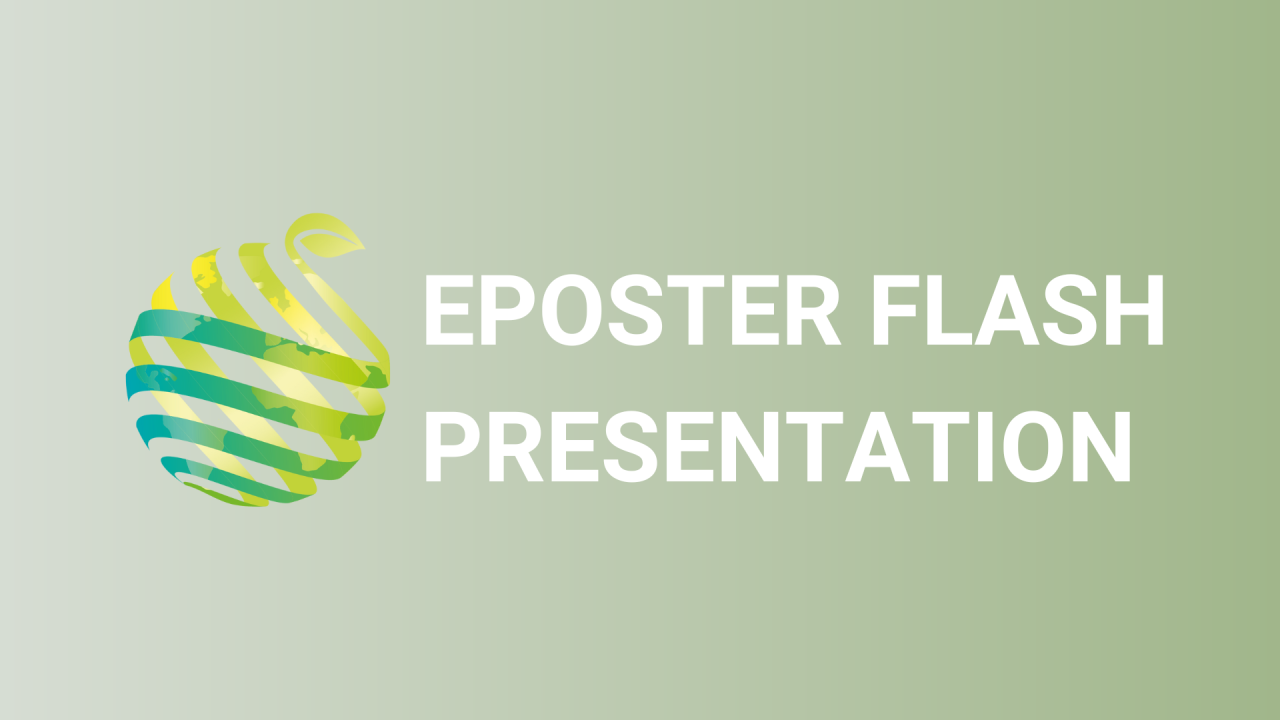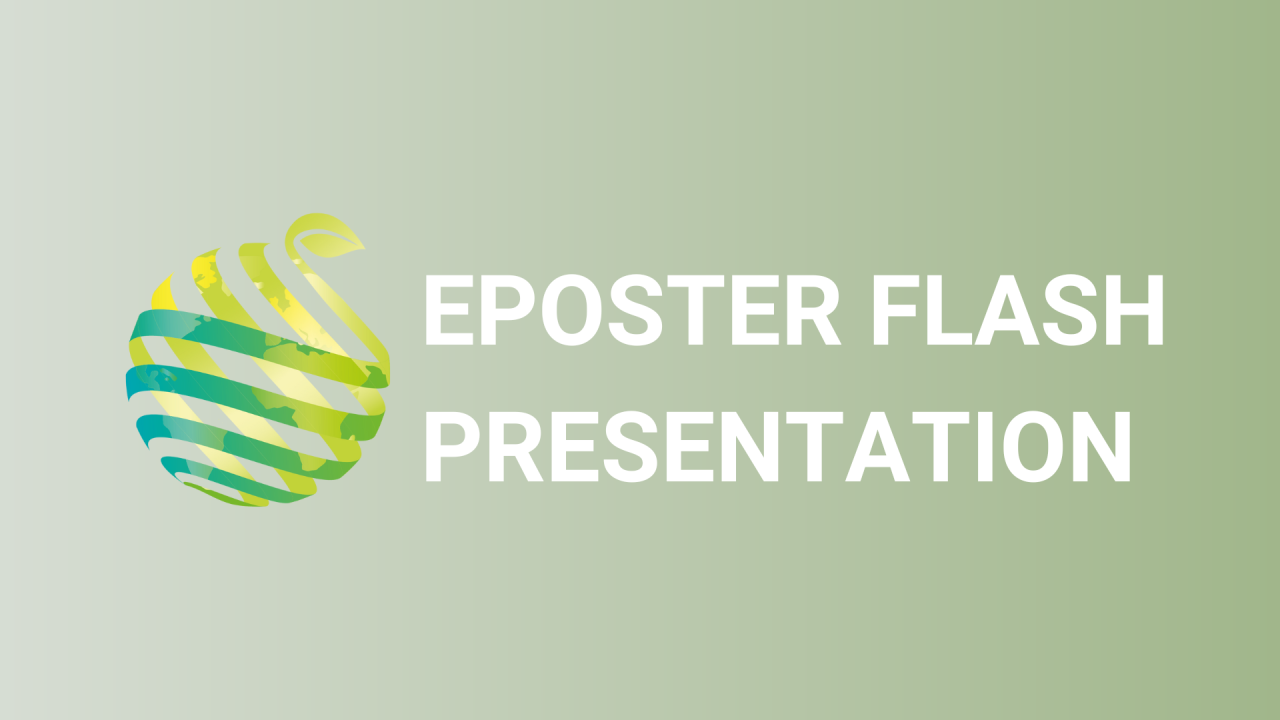

S18 - Session P4 - A low-cost multi-sensor system for automated in situ monitoring of plant in vitro culture
Information
Authors: Hans Bethge *, Thomas Rath, Traud Winkelmann
The current development of sensor technologies towards ever more cost-effective and powerful systems is steadily increasing their areas of application in different horticultural sectors. In terms of plant in vitro culture being the basis of many biotechnological methods of breeding and of propagation of disease-free plants limited research regarding automated sensor application was carried out up to now. However, manual visual monitoring for contaminations and malformations of the cultures is a costly and time-consuming repetitive work for commercial in vitro laboratories. With about 60 - 70% labour costs in particular represent the largest share in the in vitro production and thus offer great potential for increasing the efficiency of micropropagation laboratories through automation of work processes. Due to the specific growth conditions of in vitro plants cultured in closed vessels, monitoring approaches face a number of challenges like condense water formation, opacity and total reflection of parts of plastic lids or media surfaces. Therefore, most evaluation methods used for determination of plant growth in vitro were limited to destructive and non-real-time methods. In addition, digital phenotyping of in vitro plants could offer advantages with regard to the objective and continuous quantification of plant characteristics. This project focuses on the development of a phenotyping platform for an automated acquisition of multi-sensor data, including RGB, thermal, depth and spectral data. Hardware components were selected to be exclusively low-cost and the software design is based on common open-source frameworks like Docker, OpenCV and PlantCV. The automated XYZ-scanning system collects data since August 2021 of in vitro cultures, thus first time-lapse videos and growth curves have already been recorded and analysed. Furthermore time-lapse depth-images of in vitro cultures were successful acquired by sequential shifting of the point measurement-based distance sensor. Sensor application in plant tissue culture promises great potential for a non-destructive growth analysis.